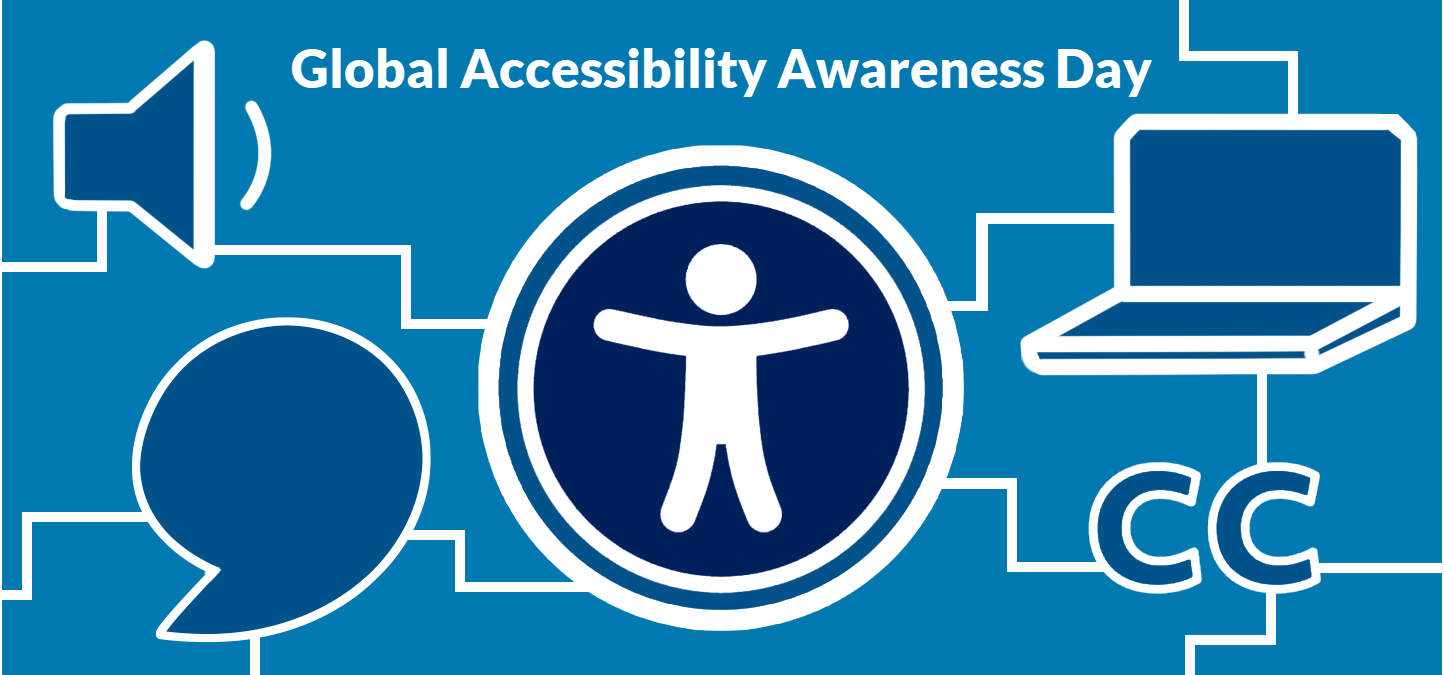How Accessibility Aligns with Pepperdine's Mission

Overview
In honor of Global Accessibility Awareness Day (GAAD), Information Technology and the Office of Student Accessibility wanted to demonstrate our commitment to upholding Pepperdine’s mission by highlighting the importance of accessibility and showcasing ways where simple uses of technology can create more opportunities for accessibility online.
Why Accessibility?
At Pepperdine University, our mission implores us to welcome all of our students, faculty, staff, and guests with open arms. That's why we're committed to making our learning spaces -- including our websites, digital tools, and learning management system -- welcoming places for everyone. By removing barriers and prioritizing inclusivity, we:
- Honor each other's gifts: Each member of our community has unique gifts and talents to offer. When we prioritize accessibility, we empower the success of others.
- Create a more welcoming environment: By prioritizing accessibility, we create a safer, more inclusive environment for everyone, reflecting Pepperdine's values and our mission to prepare lives for purpose, service, and leadership.
- Do what is right: Beyond any laws or regulations, morally we are called to treat each other with respect and love. Therefore, we strive to create and share information so that everyone can access and learn from it.
Who Benefits from Accessibility?
All of us benefit from implementing accessibility standards into everyday processes. Increasing accessibility reduces barriers to participation, and the Pepperdine community is made richer by the diversity of the contributions.
Save Time! Start with Accessibility in Mind
It takes far more time to retrofit content for accessibility than it does to build it properly from the start. Whether you are a professor or a staff member, take a few moments when you are planning, designing, writing, and creating your materials, and you will save yourself hours, headaches, and complaints down the road!
Simple Ways We Include Others
- When you structure your documents with formal headings, the information becomes easier to navigate and understand.
- When you add captions to your online meetings or videos, you allow more people to benefit from the knowledge sharing.
- When you add text descriptions to visual information, such as graphics and slides, you ensure that all participants can receive the full context of your message.
- When you use tables for their intended purpose of data sharing with clear headers and structure, you can communicate your powerful metrics in a more impactful way.
- When you add web links to descriptive labels, not generic terms like "click here," you help people using assistive technology know where the link will take them or the purpose of the link.
These are just some ways we make our content more widely available for our students, faculty, employees, and guests.
Service to Our Students
Support for accessibility standards is highlighted by the growing student voice that celebrates our vibrant, diverse community. The students of Seaver College recently launched the National Disability Honor Society (Delta Alpha Phi) on the Malibu campus. This is the first honor society of its kind at Pepperdine, and it represents a significant step forward in our commitment to recognizing and celebrating the achievements of students with disabilities. Learn more about the Delta Alpha Pi Honor Society.
Expand Your Awareness and Skills
Please answer the call and help the University reach all learners and employees by familiarizing yourself with our mission, strategic plan, digital accessibility, and other resources.
Learn the Why
- Watch W3C's Video Introduction to Web Accessibility.
- Refresh your understanding of Pepperdine's mission, vision, and affirmation statement.
- Dive into Pepperdine's Strategic Objectives, especially Objective Four: Strengthen and Deepen a Community of Belonging.
- Revisit Belonging at Pepperdine.
- Meet the Office of Student Accessibility.
- Read Pepperdine's Web Accessibility Policy.
Learn the How
- Learn from TechLearn's Resources for Digital Accessibility.
- Review IMC's Web Standards.
- Explore WebAIM Articles on Accessibility.
- Consider W3C's Content Author Modules.
Faculty Workshop
Professors and academic support staff are encouraged to attend the routine accessibility workshops offered by Technology & Learning.
- Syllabus Accessibility Workshop (May 28 at 1:15 PM Pacific)
- View the full TechLearn Event Calendar
In closing, we want to thank you for making accessibility a priority in your teaching, research, and work at Pepperdine.